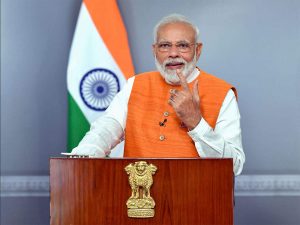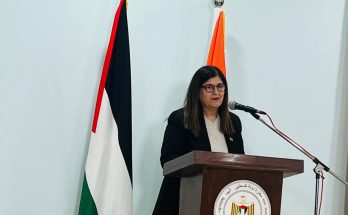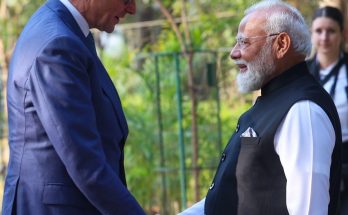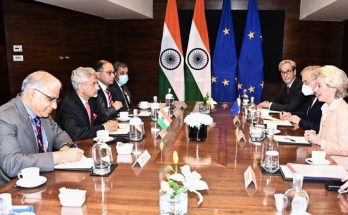
Impelling the youth to play a more proactive role in rebuilding the economy in a post COVID-19 world, Prime Minister Narendra Modi said that building an assortment of physical and virtual supply-chain networks would help India take the lead in global business.Mr Modi said the world is looking for a new business model in the wake of the devastation caused by the virus on the economies, offering India an opportunity to build a robust supply infrastructure for the progress of the country and the world. He urged the youth to think out of the box solutions and actively contribute to the discourse on economic recovery.
“India, with the right blend of the physical and the virtual, can emerge as the global nerve centre of complex modern multinational supply chains in the post-COVID-19 world. Let us rise to that occasion and seize this opportunity. I urge you all to think about this and contribute to the discourse,” the Prime Minister wrote Linkedin on April 19. Mr Modi said that although the transition from “Bring your own device” to “Work from home” brought new challenges to balance the official and personal, India could take the lead in helping the world shift to the “work-from-home” era.
“The need of the hour is to think of business and lifestyle models that are easily adaptable. Doing so would mean that even in a time of crisis, our offices, businesses, and commerce could get moving faster, ensuring loss of life does not occur. As the world battles COVID-19, India’s energetic and innovative youth can show the way in ensuring a healthier and prosperous future,” Mr Modi said.
He listed five traits for incorporating in business and work culture in a post-pandemic world, which he said are fundamental to help elevate from the crisis. “I call them vowels of the new normal because like vowels in the English language, these would become essential ingredients of any business model in the post-COVID world — Adaptability (business and lifestyle models that are easily adaptable),
“Efficiency (re-imagining what we refer to as being efficient), Inclusivity (that attaches primacy to care for the poor, the most vulnerable as well as our planet), Opportunity (every crisis brings with it an opportunity), and Universalism (the virus does not see race, religion, color, caste, creed, language or border before striking),” he said.Mr Modi said India’s developmental ideas should have global significance, application, and potential to drive changes internationally.
Stressing on the need for unity in the fight against the virus, he said, “Our response and conduct thereafter should attach primacy to unity and brotherhood. We are in this together. Unlike previous moments in history, when countries or societies faced off each against each other, today we together facing a common challenge. The future will be about togetherness and resilience.”
Author Profile
- India Writes Network (www.indiawrites.org) is an emerging think tank and a media-publishing company focused on international affairs & the India Story. Centre for Global India Insights is the research arm of India Writes Network. To subscribe to India and the World, write to editor@indiawrites.org. A venture of TGII Media Private Limited, a leading media, publishing and consultancy company, IWN has carved a niche for balanced and exhaustive reporting and analysis of international affairs. Eminent personalities, politicians, diplomats, authors, strategy gurus and news-makers have contributed to India Writes Network, as also “India and the World,” a magazine focused on global affairs.
Latest entries
 DiplomacyJanuary 5, 2026India walks diplomatic tightrope over US operation in Venezuela
DiplomacyJanuary 5, 2026India walks diplomatic tightrope over US operation in Venezuela India and the WorldNovember 26, 2025G20@20: Africa’s Moment – The Once and Future World Order
India and the WorldNovember 26, 2025G20@20: Africa’s Moment – The Once and Future World Order DiplomacyOctober 4, 2025UNGA Resolution 2758 Must Not Be Distorted, One-China Principle Brooks No Challenge
DiplomacyOctober 4, 2025UNGA Resolution 2758 Must Not Be Distorted, One-China Principle Brooks No Challenge India and the WorldJuly 26, 2025MPs, diplomats laud Operation Sindoor, call for national unity to combat Pakistan-sponsored terror
India and the WorldJuly 26, 2025MPs, diplomats laud Operation Sindoor, call for national unity to combat Pakistan-sponsored terror







